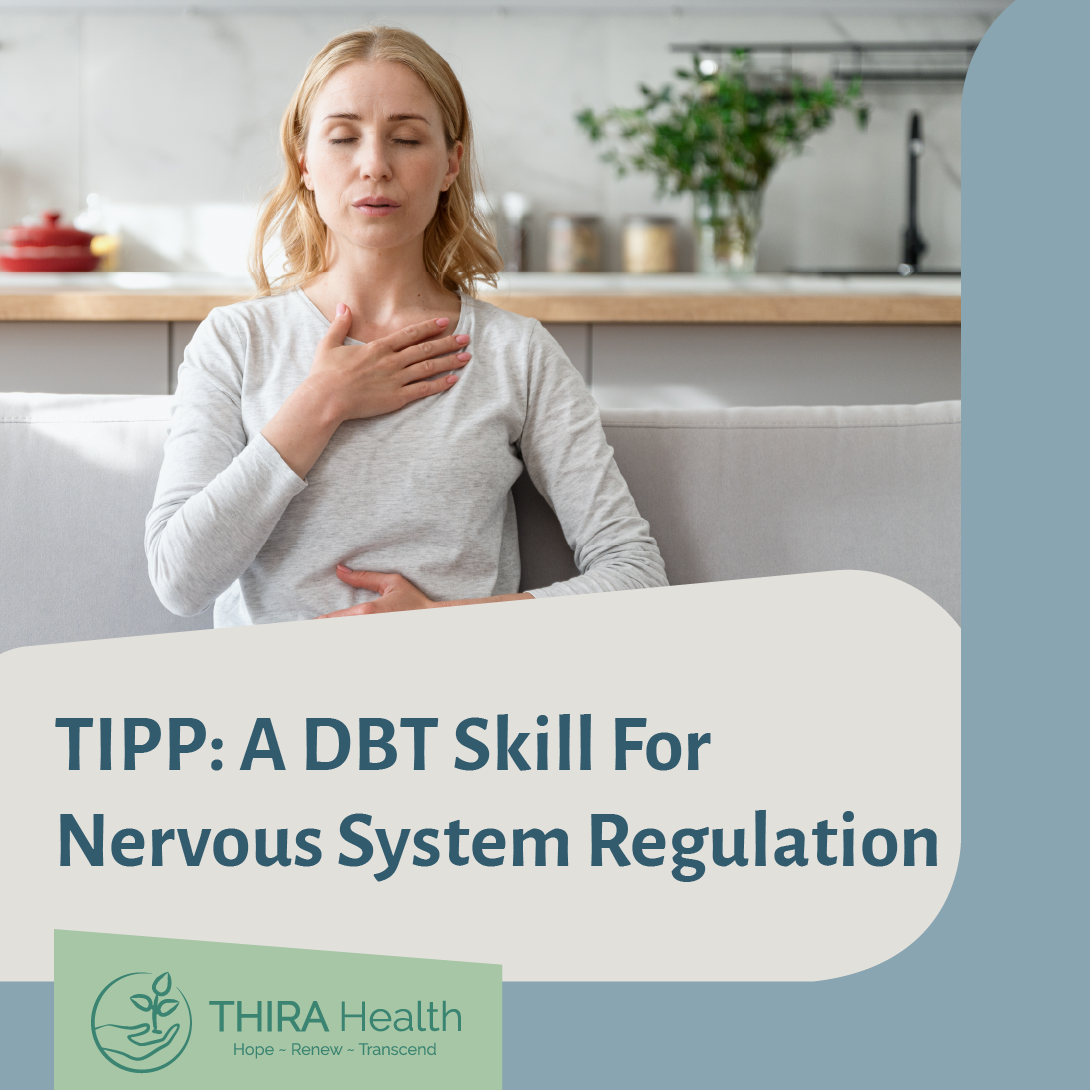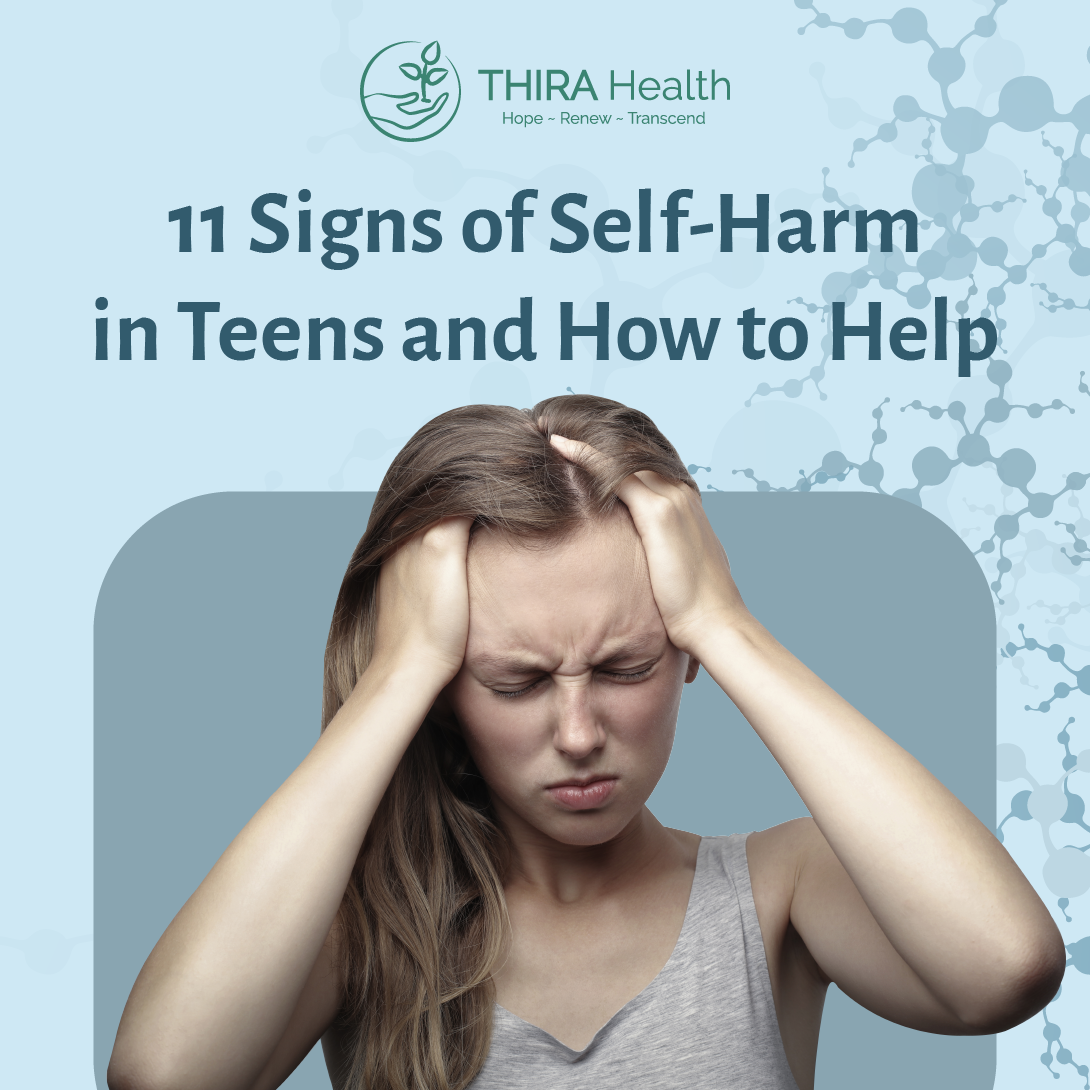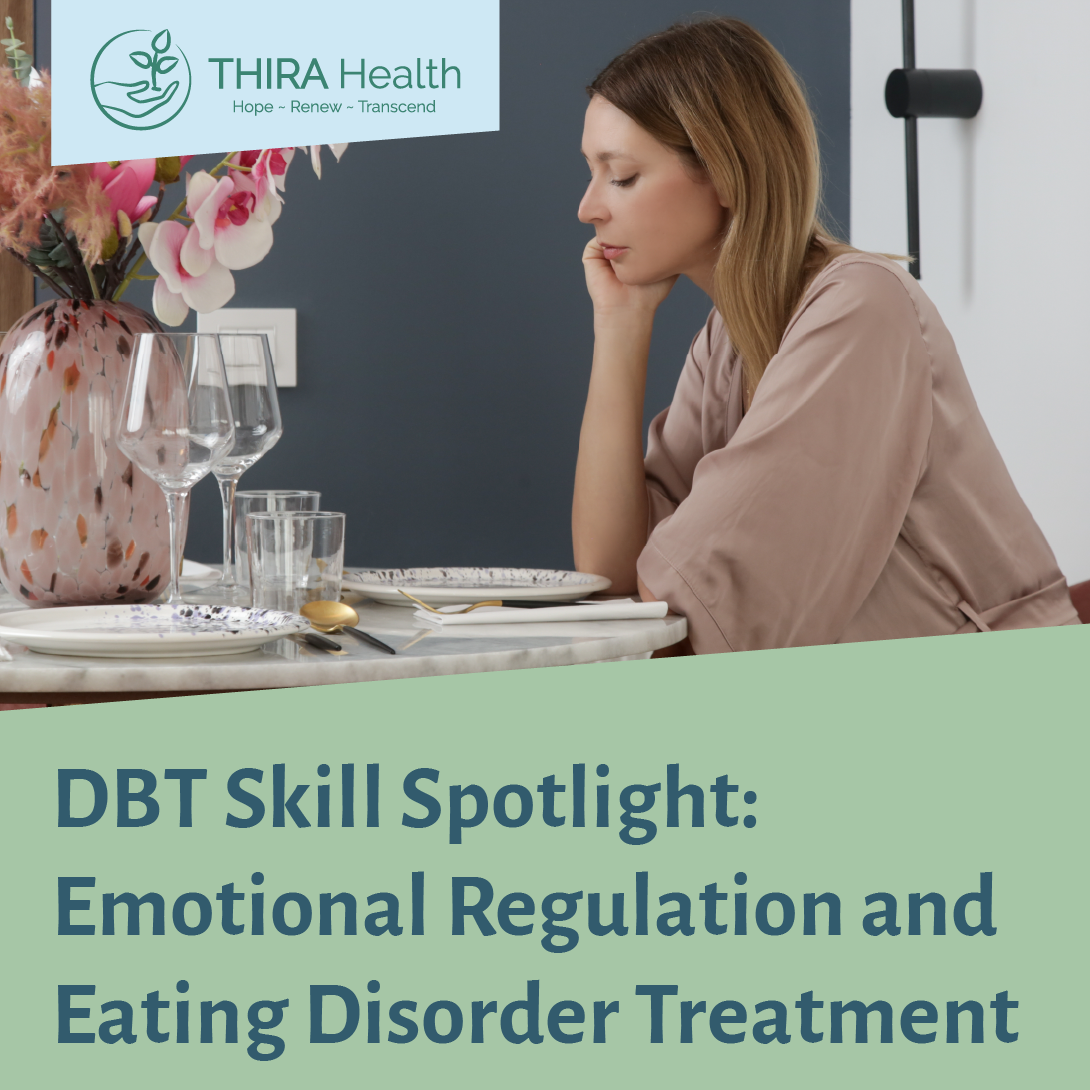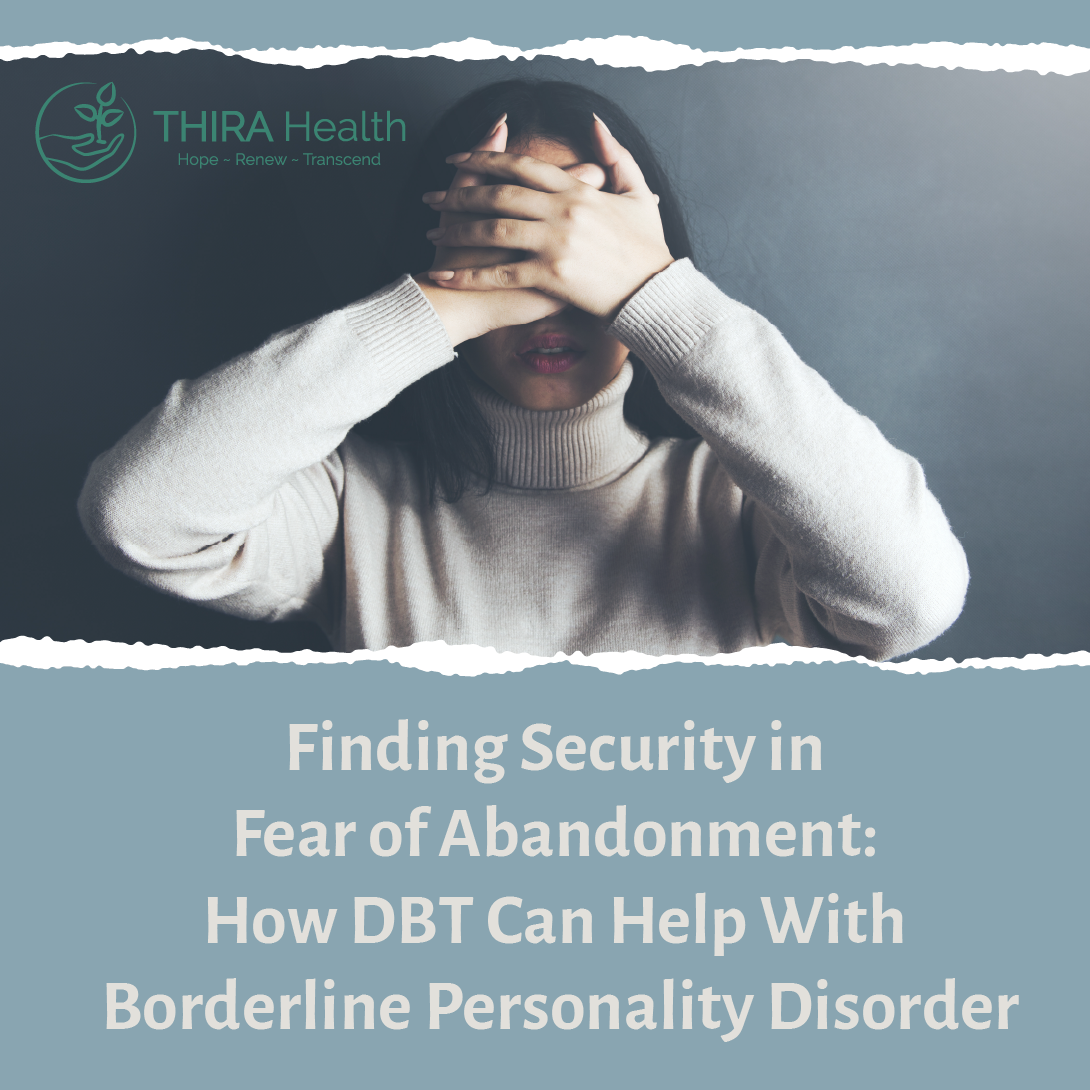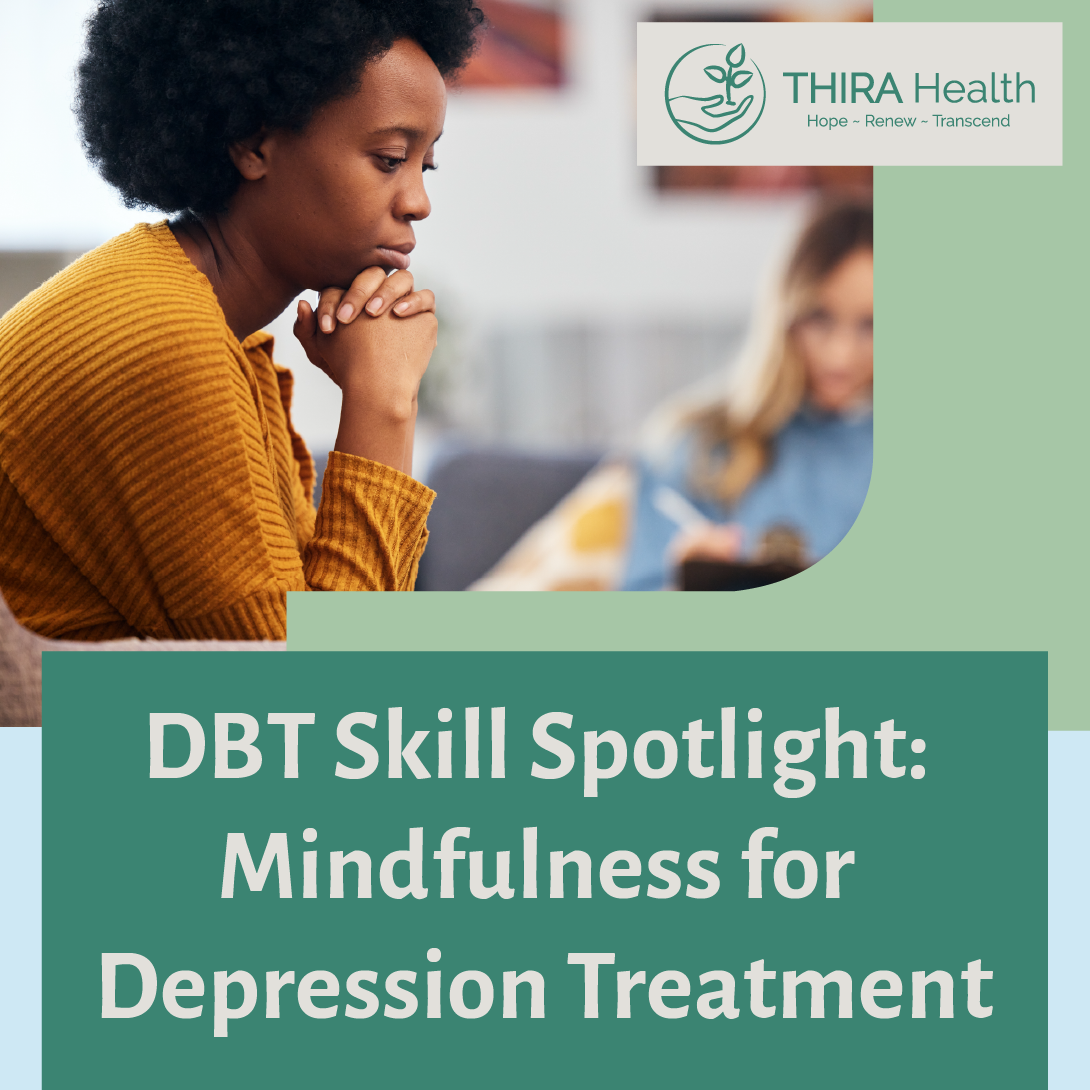
The Power DBT Skills Training
You may already be fully aware of the healing power inherent in this treatment model, and if so, feel free to skip ahead to the good part. Still, learning and applying these DBT skills to your experience can seem difficult and intimidating to do alone. For some people, it is most beneficial to learn these skills with the guidance of a qualified professional, especially if you’re dealing with clinically significant anxiety, depression, suicidal ideation or any other mental health struggles. If you are interested in learning more about Dialectical Behavior Therapy and how it could benefit you, reach out to speak with a provider today.
The History of Dialectical Behavior Therapy
DBT was originally developed with the intention of treatment for borderline personality disorder. However, as DBT was studied and researched as an evidence-based intervention for other diagnoses, it has been found that DBT is effective in treatment of suicidal behaviors, eating disorders, anxiety, depression and substance use to name a few. Rooted in Zen philosophies, eating disorders also strives to help clients develop a more accurate intrinsic view of their emotions, internal cues and reactions. Linehan crafted DBT to be an effective communication of Cognitive Behavior Therapy, humanism and Zen principles. This form of therapy was the first to formally incorporate mindfulness into intervention.
The Modules Broken Down
Mindfulness
Many mindfulness skills used in DBT programming are adopted from Eastern meditation practices. The skills are meant to aid the client in introspective thinking, awareness and being present in the moment. Practicing these skills is helpful in emotional regulation, impulsiveness and emotionally-charged reactions.
Interpersonal Effectiveness
Interpersonal effectiveness essentially refers to positive social skills and, once again, not letting emotions dictate and control our social interactions. The skills are beneficial for conflict resolution and developing and maintaining meaningful, positive relationships.
Emotion Regulation
The skills taught in the emotional regulation module of DBT are meant to enhance control over a person’s intense emotions, as well as their ability to self-soothe, regulate their internal state and act in a thoughtful way. This includes labeling emotions, how emotions effect behavior, how to decrease negative emotions and increase positive emotions.
Distress Tolerance
Distress tolerance is the final module of DBT. This module aims to teach patients that negative emotions, distress and pain are an inevitable part of life. By accepting and acknowledging this, we can learn skills and tools for helping us accept what we cannot change and manage our emotions during difficult times. This includes skills such as self-soothing and de-escalation.
DBT & Me
DBT skills training can be very helpful in learning to identify your emotions, internal cues and monitor your reactions. With practice, and perhaps some guidance, you can learn more about yourself and your emotions and begin to utilize these tools naturally on a daily basis. If you feel you need support learning and applying these skills to your individual journey with anxiety, depression or another mental health struggle, there are professionals who can help.

This series of articles will also provide in depth information that could help you decide if DBT is a good fit for you and how to pursue it. DBT skills are great evidence-based resources to help understand and process emotions and regulate distress and communicate your feelings in effective ways. If you think DBT may be a good fit for you, reach out and contact Thira Health to get more information and set up a consultation.

